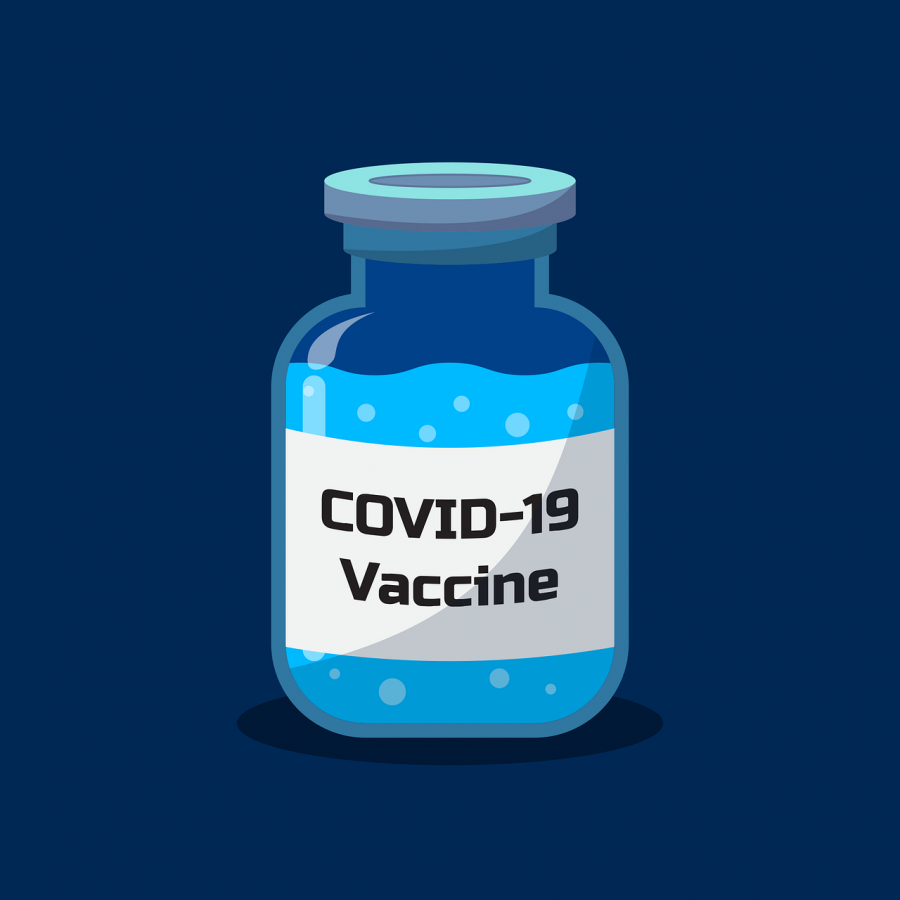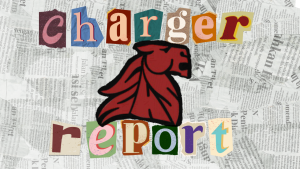COVID-19 Vaccine: Does it Really Work?
November 12, 2020
A vaccine has been released. On November 9th, 2020, Pfizer and BioNTech sent out an official news announcement, releasing their status on a new COVID-19 vaccine. This vaccine was a phase III trial that was proved to be 90% effective among the 94 positive cases observed. There were 43,538 people enrolled in this study; none, however, have preexisting conditions. 7 days after the second dose, the vaccine showed an above 90% efficiency rate. This vaccine is not finalized, and there will continue to be more phase trials to make this vaccine more appropriate for everyone. This new rise in COVID-19 cases has reached a record high in the last month; with this urgent issue, this vaccine is crucial to the entire world’s health. These two companies are working together to create a second and final dose for this vaccine. This vaccine will consist of a two-dose schedule. The phase III initial analysis showed that the virus’s protection is reached 28 days after the vaccine’s initiation. For a finalized vaccine to be approved by the FDA requires at least 50% effectiveness. According to the CDC, the flu vaccine effectiveness from 2018-2019 was only 29% effective. People year-round take the flu shot without question, yet the effectiveness doesn’t even meet the FDA standards for vaccine effectiveness. This vaccine works by blocking the mRNA that the virus uses to produce proteins; this will eventually kill off the body’s virus, making the immune system stronger for future strands of COVID-19. Mr. Cox, the Honors Biology and Biotech Engineering teacher at Chatfield, was asked his opinion on this new information about the vaccine. He began to mention that “This brings up an interesting scenario. Remembering Jon Kerry’s famous speech that he made before Congress after returning from the Vietnam War, “Who will be the last person to die in Vietnam?” I wonder who will be the last person to die from Covid 19 before the vaccine is universally available.”
This new vaccine is only in the making, but there will be a solution soon.







